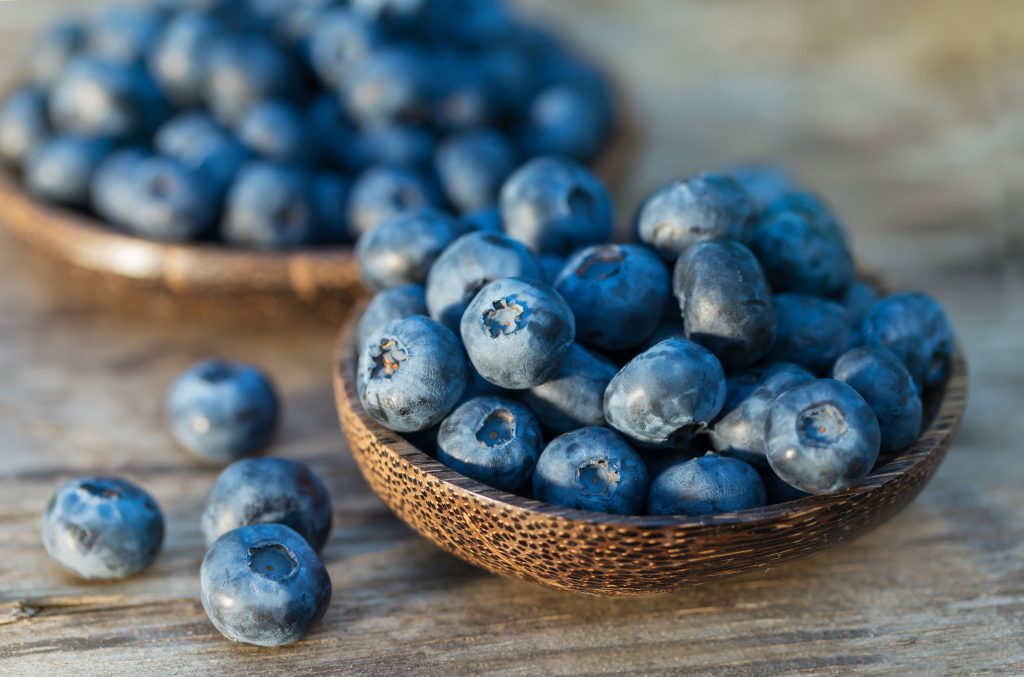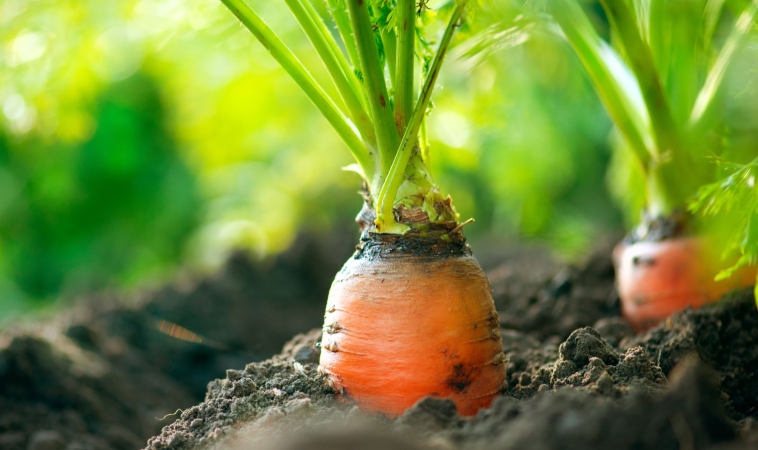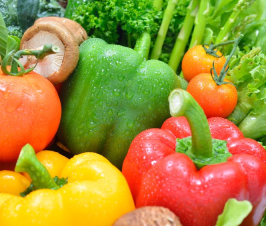(NaturalPath) Organic foods have been on the rise for years and with news that Costco has passed Whole Foods in organic sales, it has entered the mainstream. No longer is it just niche stores here and there, seemingly more and more people are wanting to be cognizant of where their food comes from and how it is made. They want to have food that is at least tainted as possible and want to reap the benefits of each particular food they are eating or drinking.
So why should you choose to go organic?
#1 | Organic foods reduce pesticide levels in children
On NDNR.com, Naturopathic Doctor Mitch Kennedy cites a recent U.S. EPA-funded study that states that 23 Seattle-area youngsters were switched to an all-organic diet, and the blood levels of pesticides declined to essentially zero after only five days. He went on to say that the pesticide levels rose again when resuming the regular diet.
#2 | Higher Nutrient Levels
On NDNR.com, Naturopathic Doctor Laryn Callaway cited a study done in 2008 by Dr. Charles Benbrook and colleagues at the Organic Center including a meta-analysis on the difference between organic and regular food.
The research noted that organically grown vegetables and fruits contain higher levels of nutrients than their conventional counterparts. Organic foods were found to be clearly higher in antioxidants, vitamin C, nitrates and some polyphenols; and moderately higher in protein. Also, Plant-based organic foods were consistently and clearly more nutrient dense, while animal-based organic foods were not consistently superior.
#3 | Organic foods are inherently non-GMO
The Institute for Responsible Technology (IRT) has a list of reasons to avoid genetically-modified organisms (GMOs). These include that GMOs are unhealthy, cross-contaminate, increase herbicide use, create dangerous side effects among other issues. Going organic aids in avoiding GMOs.
#4 | Organic farming is better for the environment
A study out of the University of Oxford compares the environmental impacts of organic and conventional farming in Europe. The results show that organic farming practices generally have positive impacts on the environment per unit of area, but no necessarily per product unit.
#5 | Organic food tastes better
Food scientist Harold McGee explains how organic fruits taste better than other fruit. He says that the plants, not protected by pesticides and therefore under attack by bugs, are able to ramp up production of their chemical defenses than attract other bugs and create an anti-fungal compound. This compound translates to more flavor and nutrition for us.
But now how do I go organic?
For more information on which foods have more or fewer pesticides, so you can know which fruits and vegetables you must buy organic, read the Environmental Working Groups lists of Clean Fifteen and Dirty Dozen foods.
 Razi Berry, Founder and Publisher of Naturopathic Doctor News & Review (ndnr.com) and NaturalPath (thenatpath.com), has spent the last decade as a natural medicine advocate and marketing whiz. She has galvanized and supported the naturopathic community, bringing a higher quality of healthcare to millions of North Americans through her publications. A self-proclaimed health-food junkie and mother of two; she loves all things nature, is obsessed with organic gardening, growing fruit trees (not easy in Phoenix), laughing until she snorts, and homeschooling. She is a little bit crunchy and yes, that is her real name.
Razi Berry, Founder and Publisher of Naturopathic Doctor News & Review (ndnr.com) and NaturalPath (thenatpath.com), has spent the last decade as a natural medicine advocate and marketing whiz. She has galvanized and supported the naturopathic community, bringing a higher quality of healthcare to millions of North Americans through her publications. A self-proclaimed health-food junkie and mother of two; she loves all things nature, is obsessed with organic gardening, growing fruit trees (not easy in Phoenix), laughing until she snorts, and homeschooling. She is a little bit crunchy and yes, that is her real name.

















